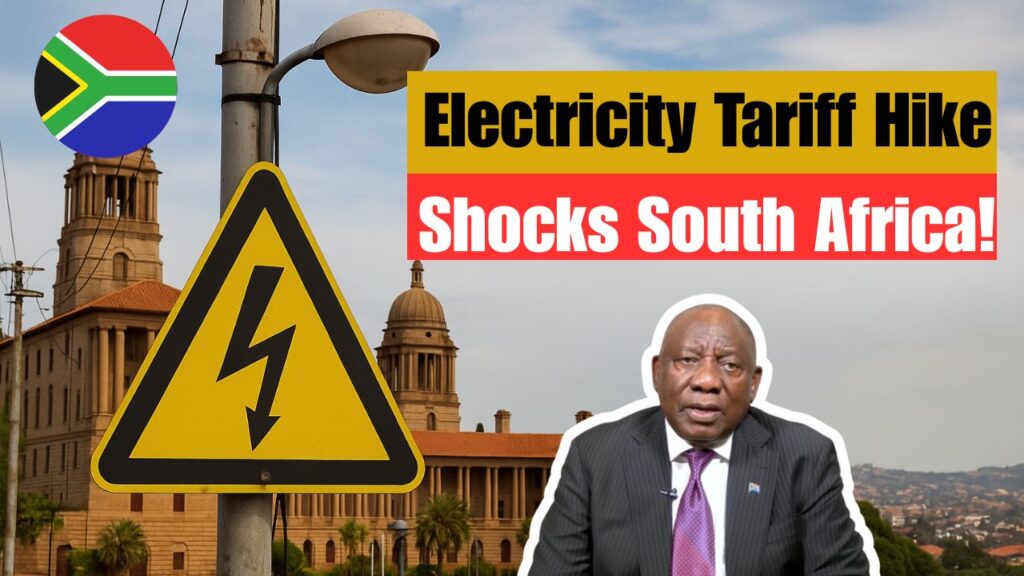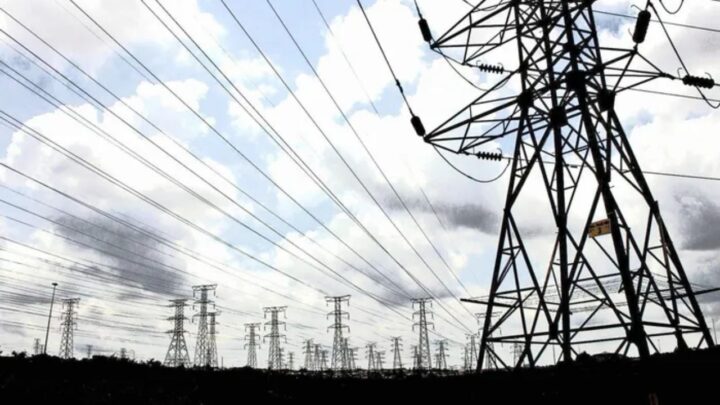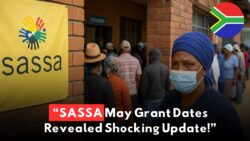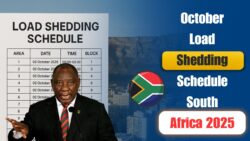South Africa faces serious power problems that affect homes, businesses and the government. Bad pricing choices, high costs growing debt & grid repairs forced big price increases for 2025 to 2026. NERSA approved these changes that will start in April 2025. People will feel the effects all year but the biggest impact hits in October 2025. Let’s look at the new approved rates, how they affect customers and what this means for the future.

NERSA’s 2025/26 Electricity Tariff Approval Explained
– Eskom will raise power prices by 12.74% for direct customers starting October 10 2025.
Then on October 2025 municipalities that buy power from Eskom will increase their prices by 11.32%.
– These changes are part of Eskom’s plan to match prices with running costs and fix subsidy issues.
The pricing system is also changing in several ways:
– Block tariffs are going away. This means all users will pay the same rate for power no matter how much they use.
– Before this low power users paid less per unit than high users. Monthly fixed charges are going up a lot.
– Some home users will see these charges rise by 88%. Peak power times are getting longer and cheap off-peak times are getting shorter.
– The Sunday evening discount rate is ending and will become a normal rate.
Why the Electricity Tariff Hike Takes Effect in October 2025
October 2025 should not start any price increases. But by that time customers will have gone through many billing cycles with the new system. October 2025 will show several changes at once: –
– How much electricity people use with the new flat rates
– Higher basic fees and different prices for peak & off-peak times
– New local government fees added to Eskom’s basic rates
– In October cities often reduce some charges but they might add their own local fees. This means your area might have extra costs on top of the national rates.

How the Price Increase Impacts South African Households and Businesses
– People who don’t use much power (less than 350 kWh monthly) might see bigger price increases than others when support programs end.
– Some cities help poor families by giving them some free electricity each month.
– These free programs will become more important with the new prices.
– People who use more electricity might benefit from the new flat rates because the price won’t jump as much when they use more power.
– But they’ll have to pay higher basic fees and might pay extra during peak usage times.
– Companies and factories might see different changes in their bills.
– This depends on their special deals with power companies including custom rates and bulk-use agreements.
Smart Ways to Cut Energy Costs Amid the Tariff Hike
– Check your electricity plan to see if you have a basic home plan or a special rate. Also find out if you pay ahead or get monthly bills.
– Use your big appliances like washing machines during off-peak times.
– This helps you save money by not using too much power in the evening.
– You can cut down your power use with some easy changes.
– Switch to LED lights buy energy-saving appliances and make sure your home has good insulation.
– Think about getting solar panels & batteries if your city lets you sell power back to the grid.
– If you don’t earn much money, ask your local council about getting free basic power or special discounts.





